A FilAm family celebrates Rosh Hashanah
By Jenjen Furer and Roz FurerI am blessed to have been married to a Jewish family. My four children get to experience a little bit of the Filipino Catholic tradition and a little bit of the Jewish family tradition.
Mom, as I call my husband’s mother, was born and raised in Brooklyn. Her parents came from Russia and passed through Ellis Island before settling in New York. Mom’s the driving force on why we get to celebrate the Jewish holidays. She believes that tradition and culture need to be passed on to the next generation.
Just like her own mother, Mom loves to cook. The kitchen is her favorite room in the house. Weeks before any holidays, she’d be baking and cooking and if she knew that it would make you feel better, she was going to do whatever she had to do to deliver her delicious matzah ball soup.
In September, our family celebrates Rosh Hashanah and Yom Kippur.
So I asked Mom about Rosh Hashanah.
Rosh Hashanah, one of the holiest days of the Jewish New Year, is celebrated as a joyful welcoming of the new year or “The Day of Awe.”
Jews gather in traditional Synagogues, or other meeting places, and pray from a special prayer book called “Mahzor.” At special times during the service, with great respect and reverence, the Torah is removed from the Ark, and portions of the Torah are read aloud. At other times during the service a “shofar” or ram’s horn, is blown. It is a mitzvah, (blessing) to hear the shofar.
In the Catholic faith, we go to Confession and receive Penance. On Rosh Hashanah, it is believed, that God opens the Book of Life, and decides who shall live and who shall die. Rosh Hashanah is celebrated as a joyful welcoming of the New Year. On Yum Kippur Jews reflect on the sins of the past year and ask God for forgiveness by fasting for 24 hours and not working.
The days between Rosh Hashanah and Yom Kippur is a time for reflection, repentance, and pray for a good fate for the new year.
I asked Mom what does she usually pray for.
We thank God for our good health and pray for our loved ones’ continued good health. We pray for those who may be ill in body or spirit. We pray for America and the brave men and women who keep us safe. We pray for the safety of Israel. And, with great respect and prayer, we honor our dearly departed.
A traditional Rosh Hashanah greeting is “L’Shana Tovah,” Hebrew for a good and sweet year. That’s why Mom serves traditional foods like apples, honey, honey cake and a round challah bread. On Rosh Hashanah, challahs are baked round to signify the continuity of life. As we dip the challah and apples in honey, we are praying for a sweet and good life.
Of course, the most joyous time at any holiday, is being with family and friends. Unlike the time when families lived nearby, many families now live a distance away, and can’t always gather on a specified day. For our family, the traditional holiday dinner may not come exactly on the holiday. However, all of our very best traditional holiday foods are served when we do get together.
Like always, Mom had been cooking and baking for weeks. This year, our traditional Rosh Hashanah dinner consists of chicken soup, matzah balls (dumplings), pot roast. Much more will be served at the end of Yom Kippur on September 14, and our traditional dairy meal (which is usually eaten after the fast) will be eaten for breakfast the next day. One thing is for certain, we will be dipping the challah and apples in honey, talking, laughing, texting, (but not at the dinner table), missing the families who are not able to join us this year, and thanking God that we are together.
To all our family and friends, we wish you all L’Shana Tovah, a good and sweet year!
Jenjen Furer is the author of “Out of Status,” a memoir about her family’s immigration journey to the U.S. Her mother-in-law, Brooklyn-born Roz Furer is a 9/11 survivor and a grandmother of 4. She is at work on her first book, “Amber Beads,” a memoir about family and her favorite recipes.

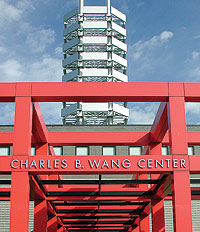
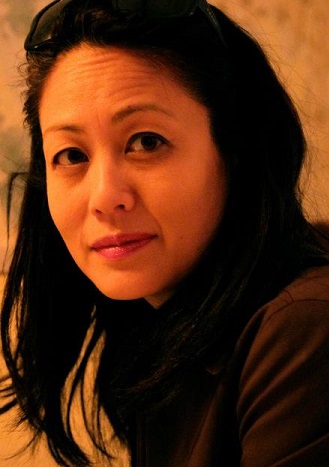

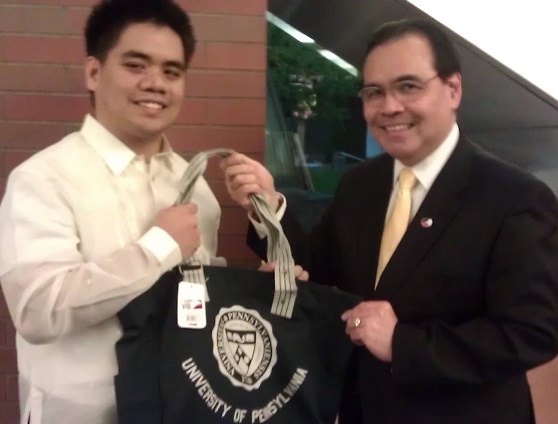
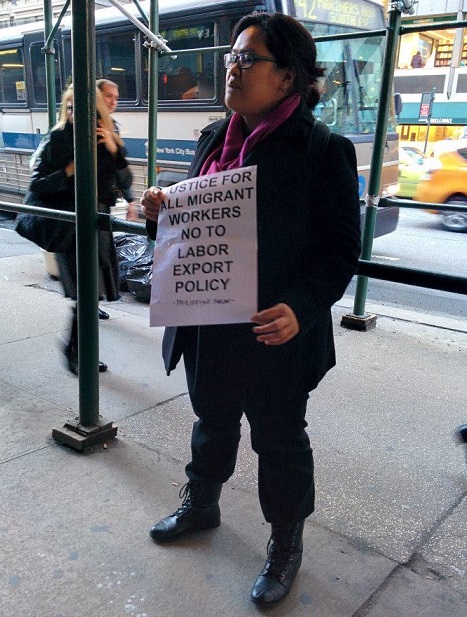




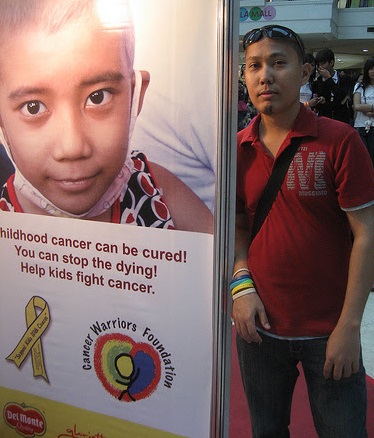
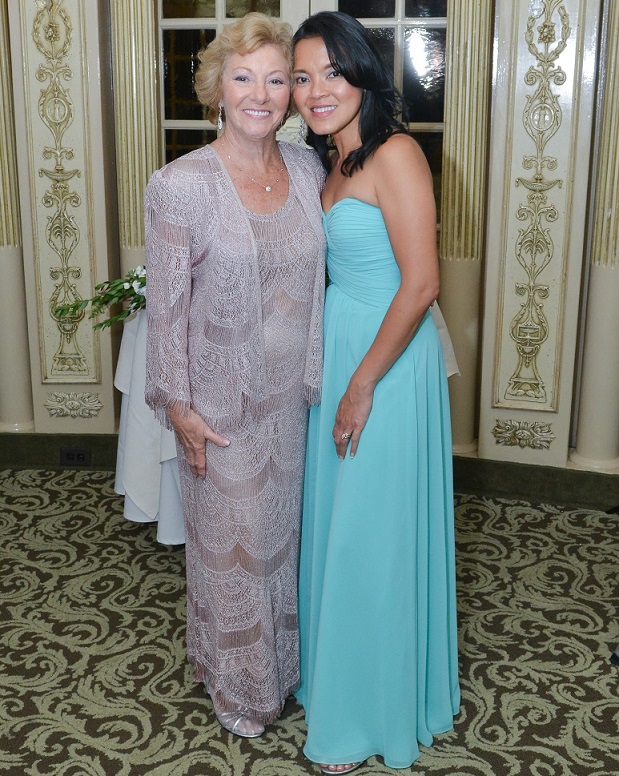
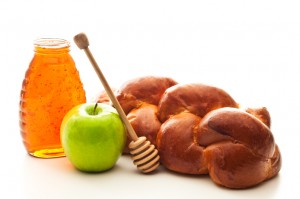
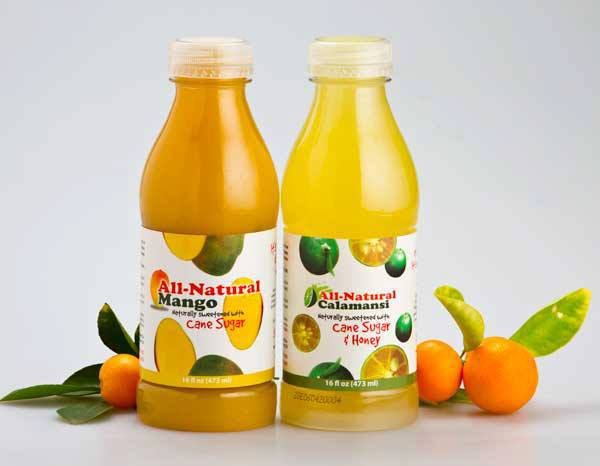

I would like to thank both writer about writing this meaningful article.